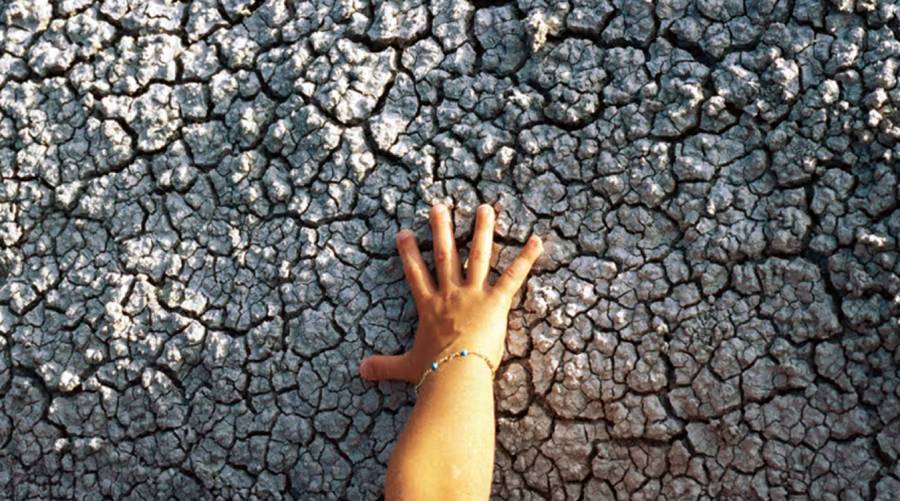Climate change may aggravate eczema, finds UCSF study

Besides adversely impacting the environment and human existence through changing weather cycles, contributing to global warming and disrupting traditional agriculture, climate change has yet another alarming repercussion – aggravating eczema, a chronic skin condition affecting millions globally.
A recent study conducted by researchers from the University of California San Francisco (UCSF) sheds light on the intricate interplay between climate-related hazards and the burden of eczema, stressing the urgent need to address this overlooked intersection of environmental and dermatological health.
Published in the journal Allergy, the UCSF study explores the correlation between climate change and atopic dermatitis, more commonly known as eczema.
Dr Katrina Abuabara, an associate professor of dermatology at UCSF School of Medicine and a senior author of the study, underscores the significance of comprehending how climatic factors impact this sensitive skin condition.
The research scrutinized ten climate-related hazards linked with greenhouse gas emissions, revealing serious challenges. From global warming and heatwaves to wildfires, droughts, floods, and rising sea levels, each hazard presents a distinct threat to individuals grappling with eczema.
Dr Abuabara says, "We've long acknowledged that atopic dermatitis is particularly sensitive to environmental factors, but there hasn't been a clear consensus on how the escalating prevalence of climatic hazards due to climate change might exacerbate atopic dermatitis. Hence, we embarked on a systematic review of the literature to provide a comprehensive narrative summary."
The unpredictable nature of eczema flares poses significant hurdles for patients, underscoring the need to decipher how climatic factors contribute to disease exacerbation. Beyond individual health implications, comprehending the broader ramifications of climate change on eczema trends is crucial from a public health perspective.
Previous research has shown the detrimental effects of climate change on various health domains, spanning from respiratory and cardiovascular systems to mental health. Now, with the spotlight on eczema, it becomes evident that climate change's impact extends even to dermatological conditions.
As the global community grapples with the pressing urgency of climate action, studies such as the one conducted by UCSF reveals the multifaceted nature of climate-related health risks. By acknowledging and addressing the intersection of climate change and eczema, researchers aim to find more effective strategies in managing and mitigating the impacts of this chronic skin condition.
In the face of rising climate challenges, interdisciplinary efforts bridging environmental science, medicine, and public health have assumed significance. Through collaborative research and proactive measures, we can aspire towards a healthier, more resilient future for both the planet and its inhabitants.
Trending
Popular
Revolutionary HIV drug can drastically cut treatment costs
-
AI model to improve EEG reading for ICU ...
04:00 PM, 5 Jun, 2024 -
Study links weight-neutral eating ...
04:00 PM, 11 May, 2024 -
Researchers strive to expand telehealth ...
04:00 PM, 11 May, 2024 -
UCFS clinical trial to test efficacy of ...
03:11 PM, 23 Apr, 2024




